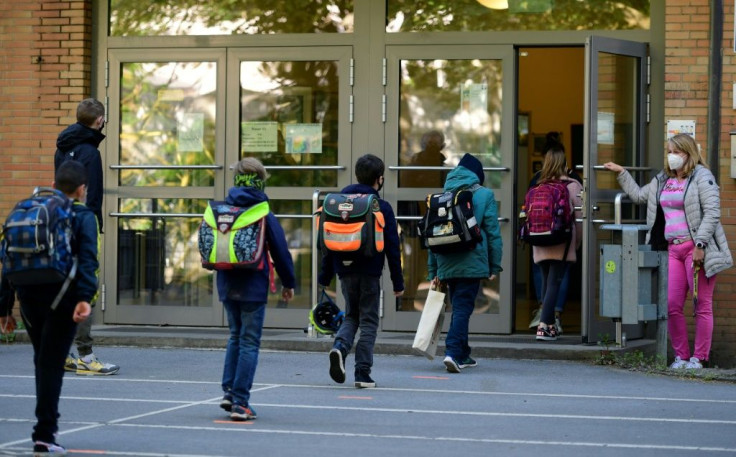Children May Lead the Way to Dementia Care Later in Life

You know that saying, “Children are our future”? This is true in so many ways, including how we deal with dementia. “Dementia education is a critical step for building empathetic, insightful and caring communities,” said Ashleigh Smith, PhD, in a press release from the University of South Australia. Dr. Smith is a researcher at the university and lead author of a new study about dementia education. The premise behind the study was if children grow up knowing about dementia and personally interacting adults affected by it, this may help them address dementia and aging related issues more empathetically later in life.
The study included nearly 90 children, aged 9 to 10 years old. They spoke with older adults, participated in activities with them, watched educational videos, and discussed issues like life experience, brain health and nursing homes. After the program, the researchers found that the children showed an improvement in not only what they knew about dementia, but in their compassion and empathy towards the older adults. In a follow-up 6 months later, the children scored even higher in the post-program survey than immediately after the program.
The researchers also interviewed 14 pairs of parents and children after the study, and one quote in particular reflected how a child identified their improved behaviors: “Just being more careful around other people because they might have dementia but you can't tell by the way they look, or by the way they act,” the participant said.
“Children are our future leaders, they’re our local shop keepers, bankers, and neighbors. If we’re to improve dementia understanding, we need to invest in the education of our children,” Dr. Smith explained in the press release, “[C]hildren generally don’t know much about people living with dementia – unless they have a family member or family friend that has the condition.”
The CDC estimates that in 2014 there were 5 million adults in the United States with dementia and there could be as many as 14 million by 2060. Risk factors include a family history of dementia, head trauma, poor health and race. According to the CDC, Hispanic adults are 1.5 times more likely than white adults to develop dementia and Black adults are 2 times more likely. Smoking, high blood pressure and high cholesterol also predispose people to dementia.
Because there are some lifestyle factors included with dementia, Dr. Smith was excited to be educating kids. “By teaching children about dementia, we’re not only improving their knowledge and fostering positive attitudes towards dementia now, but maybe even reducing their own future risk of dementia as an adult – it’s exciting stuff,” she said.
Published by Medicaldaily.com



























